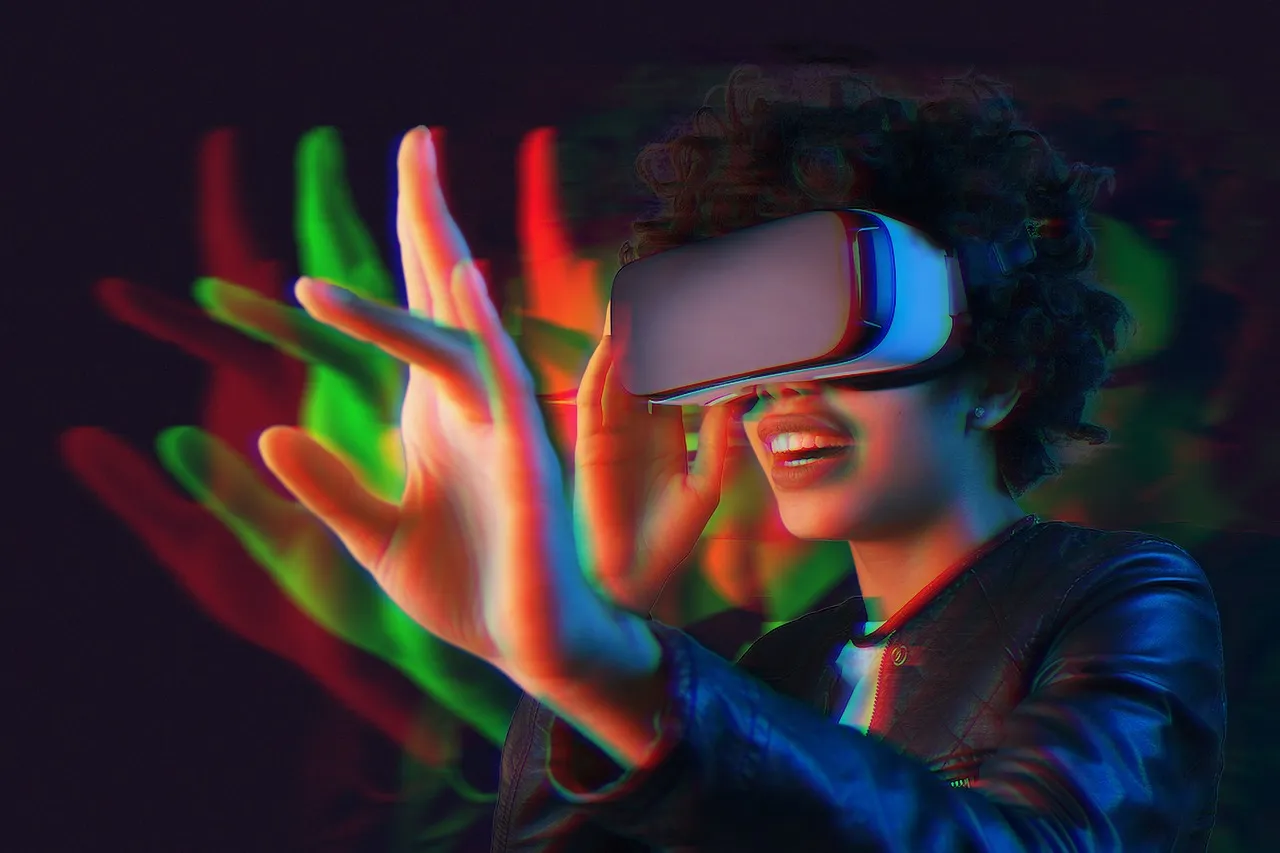
The things we always enjoy doing are the things that predispose us to more harm than we expect or intend. Consider the following: sweet foods increase your risk of developing dental caries, as well as other conditions such as diabetes; too much fun and outings predisposes you to poverty; sex increases your risk of sexually transmitted infections and unwanted pregnancy; and tobacco and psychoactive drug use expose us to varying levels of mental health problems, which can easily translate into lifetime issues.
I wished to exempt gaming, but I couldn't. Gaming could also expose one to harm. However, like everything else (aside from tobacco and psychoactive drug use), negative effects are only felt when one overindulges in such activities. But speculatively, we could assume that if we add monetary incentives to gaming, could it be a win-win situation for the gamer? Have fun and make cash as well.
The Truth
To analyze this situation, let's begin with this news article.
If you managed to watch the above video, you'll learn about a boy who killed his mother over an issue associated with his gaming habit. Thinking about the above, does it strike a different cord in your head?
Something is fundamentally wrong about games, and this negative is intentional.
Games are made to keep you glued to the screen.
For heaven's sake, it's a multi-billion dollar venture, and the more hours you're able to spend gaming, the more money the gaming companies make.
Games are now designed in very different ways than they were in the past. Now there are in app purchases, chatting, sharing, and gaming communities, among others, which makes gaming more appealing and interesting for people, especially young people. It's just hard to let go of a good game.
This situation has birthed a new class of mental disorders known as "game addiction." Game addiction has been classified alongside tobacco, alcohol, and drug addiction.So, what does that tell you?
People game for the fun of it. Yea! They game because these games make them feel some type of way. Gaming feels a psychological gap for most persons. Gaming is a survival strategy!
Some people who struggle with anxiety, stress, depression, or other forms of mental health issues may be more at risk for developing an addiction to video games or internet gaming disorder.
- Gros et al., 2020.
Gaming is therefore a defence mechanism.
With this in mind, you should understand that, for most people, gaming is their reality. Those in the gaming industry understood this, and with what result: The first iteration of the metaverse was formed.
Gaming is not Working
Think about a man whose work involves a lot of physical activities. He stands, moves about, lifts weights and more. Will you conclude that he is working out (exercising)?
Working Man

Image by Nico Franz from Pixabay
Exercising Man

Image by Thanakorn Jaroensup from Pixabay
Not at all. He's working, he's not exercising. They could require almost the same levels of energy expenditure and even yield the same physical health benefits, but they're worlds apart.
So, talking about incentivizing gaming to make it less of a waste of time and a healthier time usage, by so doing, making the gamer have fun and make money as well, sounds like a good idea, but things do not work this way!
Play-to-Earn games have been around, and trust me, individuals that play these games do so not really as a fun activity, but as a work activity. Thus, the audience that enjoys Play-to-Earn games is totally different from the audience that the gamer you wish to conscript into the Play-to-Earn space is part of. Bringing such an individual into the Play-to-Earn space will be, to me, unproductive and a waste of time.
Some Play-to-Earn gamers may find that the games in which they play to earn are interesting and develop a passion for these games. But for an avid gamer already, who has been caught in the claws of the Fortune 500 gaming companies, bringing them into the play to earn space will be counterintuitive.
Help a Gamer Today
If you have someone that you feel is deeply entrenched in any game, it could be the simplistic games like Candy Crush Saga and others, but you believe they may be spending an unhealthy amount of time playing at the detriment of other important things, it is very likely that he/she has a gaming/screen addiction. The best help is not to introduce him/her to another game, but rather, to a therapist. Gaming addiction is real!
In fact, it is estimated that about 10% of the entire human population have some form of gaming disorders. This means that it is very likely that in a room of 10 people, 1 of them has a gaming disorder.
What is more? Gaming addiction could lead to a lot of health problems, including sleeping problems, neck pain, relationship problems, trouble focusing, moodiness, and more.
Gaming addiction is as bad as gambling addiction.
So, help a gamer today. Help him/her get the dopamine detoxification they need to be able to change their relationship with games. Help them meet a counselor and, most importantly, be their accountability partner.
For parents, the earlier you start imposing time limits on games, the better for you and your child/children. We all have to be intentional with everything!
I dropped my pen at this point! Thanks for getting to this stage.
